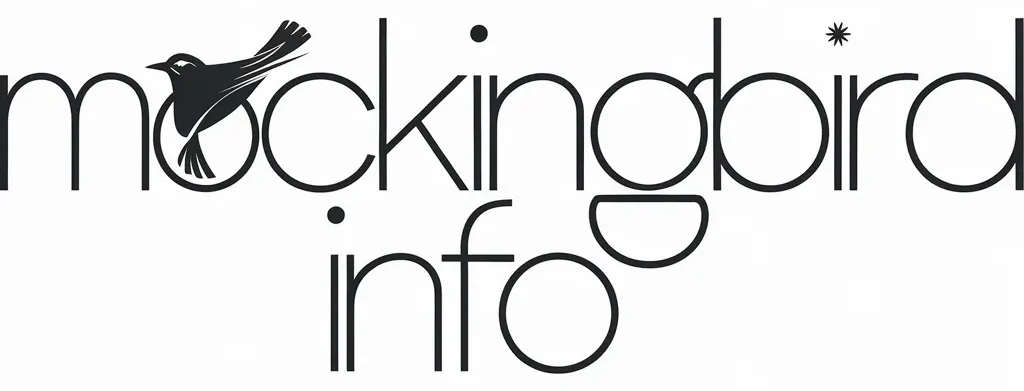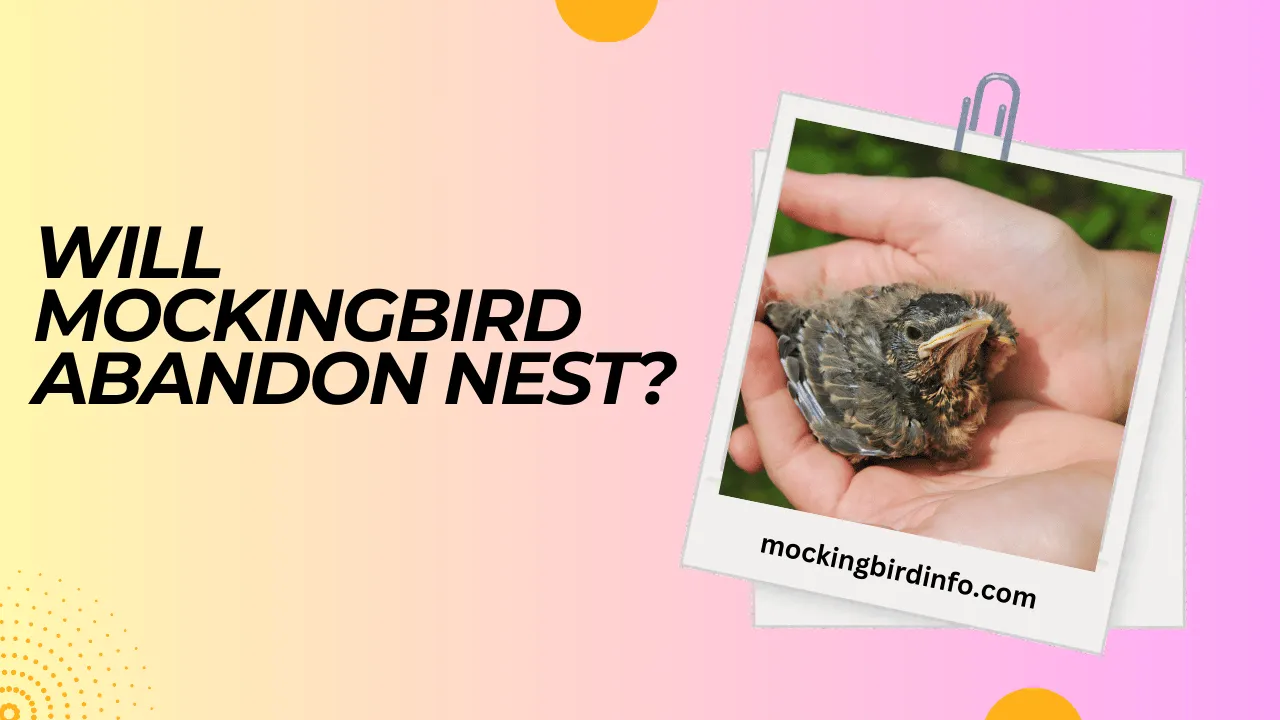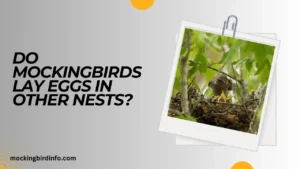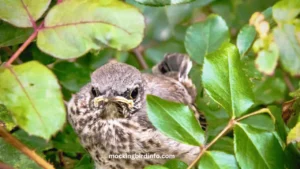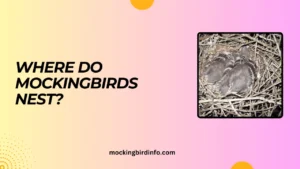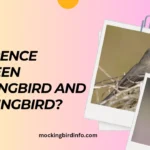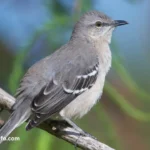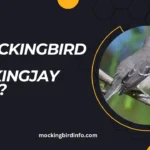A mockingbird’s melodious call often paints the soundtrack of peaceful mornings, but behind their enchanting songs lies a story of resilience and dedication.
Mockingbirds are among the most devoted avian parents in the natural world, meticulously guarding their nests and tirelessly nurturing their young.
But what happens when their carefully constructed homes are disturbed? Do these birds, known for their fierce territorial behavior, ever abandon their nests?
The answer is nuanced and depends on several factors. Mockingbirds are instinctively loyal to their nests, yet external forces like predation, weather, or human interference can push them to abandon their young.
This behavior isn’t just a birdwatcher’s curiosity—it’s a reflection of the delicate balance between nature and human activity. Understanding this behavior not only enriches our appreciation of wildlife but also empowers us to make choices that protect these feathered neighbors.
In this article, we’ll explore the fascinating world of mockingbird nesting habits, the key factors that can lead to abandonment, and practical steps we can take to protect these birds.
Whether you’re a bird enthusiast or someone looking to create a wildlife-friendly environment, this guide will provide invaluable insights into nurturing the delicate harmony of life in your backyard.
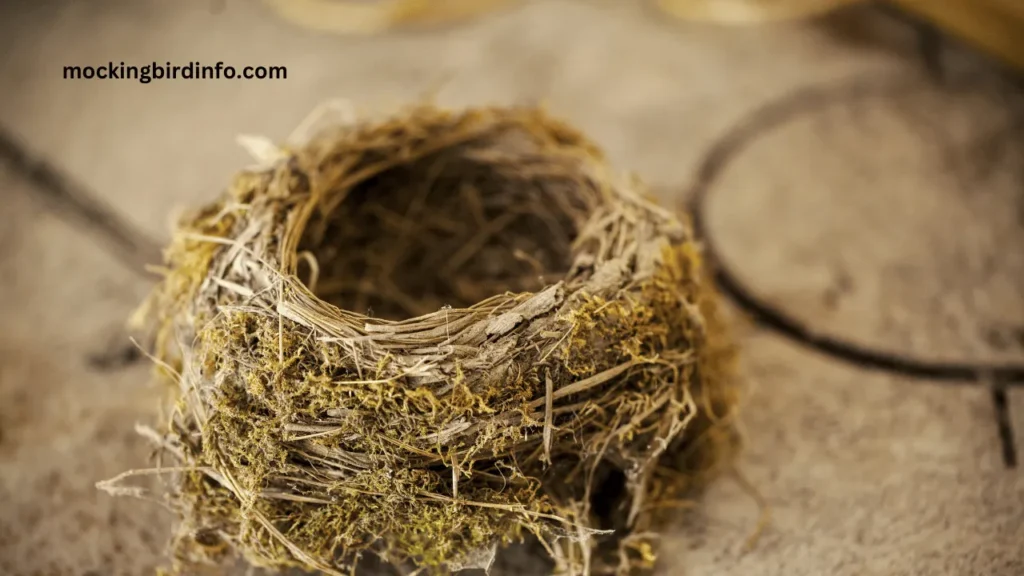
Contents
- 1 1. Factors Leading to Nest Abandonment
- 2 2. Importance of Parental Care
- 3 3. Strategies to Protect Nesting Birds
- 4 4. The Role of Conservation
- 5 Conclusion
- 6 FAQs
- 6.1 1. Why do mockingbirds abandon their nests?
- 6.2 2. Can human activity cause nest abandonment?
- 6.3 3. Do mockingbirds return to abandoned nests?
- 6.4 4. How can I prevent mockingbirds from abandoning their nests?
- 6.5 5. What predators threaten mockingbird nests?
- 6.6 6. Do mockingbirds recognize parasitic eggs in their nests?
1. Factors Leading to Nest Abandonment
Mockingbirds rarely abandon their nests without cause. Among the primary threats is predation, where predators like snakes, raccoons, or even larger birds invade their nests.
Mockingbirds often exhibit aggressive behavior to defend their young, but a persistent predator can overwhelm their defenses.
Another significant factor is human disturbance. Activities like gardening, construction, or even walking too close to a nest can make mockingbirds feel unsafe.
If the disturbance is severe or frequent, they might decide it’s better to start anew elsewhere.
Extreme weather conditions such as storms, heavy rainfall, or high winds can also force mockingbirds to abandon their nests. Flooded or damaged nests become uninhabitable, leaving birds no choice but to relocate.
Similarly, parasitism by brood parasites, such as cowbirds, can lead to abandonment if mockingbirds recognize the intruder’s eggs or find it challenging to care for their own.
2. Importance of Parental Care
Parental care is critical for the survival of mockingbird chicks. During incubation, the parent birds maintain a consistent temperature, ensuring the proper development of the eggs.
Disruption at this stage can significantly impact hatching success. Once the eggs hatch, parents tirelessly feed their chicks, gathering insects and berries to meet the nutritional demands of their growing young.
Mockingbirds also protect their chicks from predators, often risking their own safety to drive away threats. As the chicks grow, parental care extends to teaching essential survival skills.
Young mockingbirds learn to forage, identify predators, and navigate their environment under their parents’ watchful eyes. This guidance is crucial for their transition into independence.
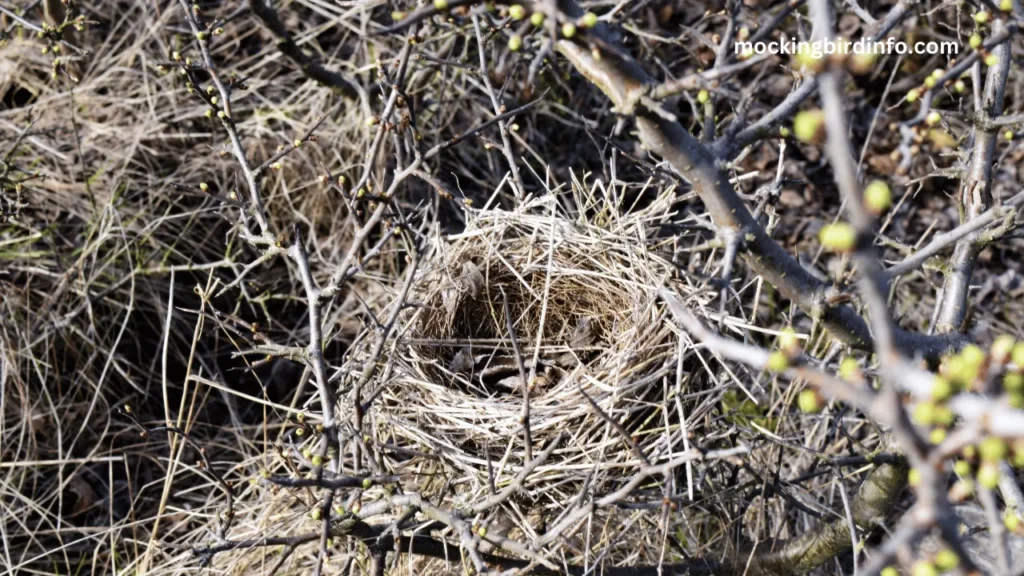
3. Strategies to Protect Nesting Birds
Protecting mockingbirds starts with minimizing human interference. Avoid loud noises or frequent movements near known nests, especially during the breeding season.
Keeping pets, like cats, indoors can significantly reduce the risk of predation. Providing safe nesting sites is another practical step. Dense shrubs, tall grasses, or birdhouses designed to mimic natural environments can give mockingbirds a sense of security.
Additionally, avoiding the use of pesticides ensures a healthy food supply and prevents harm to both parents and chicks. Monitoring for predators is also crucial.
Using simple deterrents, such as reflective tape or motion-activated devices, can discourage potential threats without harming them. Creating a bird-friendly environment benefits not only mockingbirds but also other wildlife in your area.
4. The Role of Conservation
Conservation plays a pivotal role in preserving mockingbird populations. Protecting and restoring natural habitats ensures these birds have ample nesting and feeding grounds.
Urban development often encroaches on their habitats, so thoughtful landscaping practices can make a big difference.
Conservation organizations also work tirelessly to raise awareness and implement policies that safeguard bird populations. Supporting these organizations or participating in citizen science projects can amplify their efforts.
Finally, public awareness campaigns help bridge the gap between humans and wildlife. Educating communities about mockingbird behavior fosters understanding and encourages coexistence, paving the way for sustainable interactions.
Conclusion
Mockingbirds are remarkably devoted parents, abandoning their nests only under exceptional circumstances. Whether it’s the threat of predators, severe weather, or human activity, their decision to leave a nest reflects the challenges they face in their environment.
However, with increased awareness and simple actions, we can reduce these threats and ensure their survival. By minimizing disturbance, creating safe nesting spaces, and supporting conservation efforts, we can play a role in protecting mockingbirds and their young.
These small acts not only preserve bird populations but also nurture the ecosystems they are part of.
The next time you hear the lilting song of a mockingbird, remember the intricate life they lead and the importance of their role in nature. Let’s work together to ensure their melodies continue to grace our skies.
FAQs
1. Why do mockingbirds abandon their nests?
Mockingbirds abandon nests when faced with predation, human disturbance, severe weather, or brood parasitism. These factors create unsafe conditions for their eggs or chicks.
2. Can human activity cause nest abandonment?
Yes, frequent human activity near a nest can make mockingbirds feel threatened, leading to abandonment.
3. Do mockingbirds return to abandoned nests?
Mockingbirds typically do not return to abandoned nests. Instead, they build a new one in a safer location.
4. How can I prevent mockingbirds from abandoning their nests?
To prevent abandonment, minimize disturbances, provide safe nesting sites, and keep predators away.
5. What predators threaten mockingbird nests?
Common predators include snakes, raccoons, cats, and larger birds like crows or hawks.
6. Do mockingbirds recognize parasitic eggs in their nests?
Mockingbirds sometimes recognize parasitic eggs, like those of cowbirds, and may abandon the nest or remove the intruder’s eggs.
